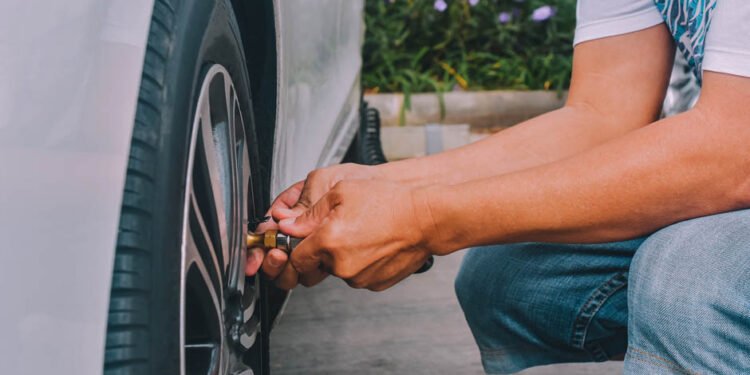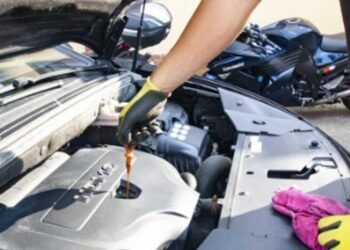Maintaining your car is not only crucial for its longevity but also for your safety on the road. Regular maintenance can prevent unexpected breakdowns and costly repairs, ensuring that your vehicle remains in optimal condition. Here are ten essential car maintenance tips that every vehicle owner should follow.
1. Regular Oil Changes
Oil is the lifeblood of your car’s engine. It lubricates the moving parts, reduces friction, and helps to dissipate heat. Over time, engine oil can become dirty and lose its effectiveness. Regular oil changes are vital to keep your engine running smoothly. Check your owner’s manual for the recommended oil change intervals and stick to them.
2. Check Tire Pressure and Tread Depth
Properly inflated tires improve fuel efficiency, handling, and safety. Under-inflated tires can wear out more quickly and are more prone to blowouts. Use a tire pressure gauge to check the pressure regularly, especially before long trips. Additionally, ensure that your tires have sufficient tread depth. Worn-out tires can reduce traction, especially in wet conditions, increasing the risk of accidents.
3. Inspect and Replace Wiper Blades
Clear visibility is crucial for safe driving. Wiper blades should be inspected regularly and replaced if they are worn out or damaged. Streaks or smudges on your windshield are signs that your wiper blades need replacement. Don’t wait until you’re caught in a heavy downpour to realize your wipers aren’t working effectively.
4. Test Your Battery
A car battery typically lasts between three to five years. However, factors such as weather conditions and driving habits can affect its lifespan. Regularly test your battery’s charge and inspect it for any signs of corrosion or damage. If your battery is weak or nearing the end of its life, replace it to avoid being stranded with a dead battery.
5. Maintain Your Brakes
Brakes are one of the most critical safety features of your vehicle. Regularly check your brake pads and rotors for wear and tear. If you hear squeaking or grinding noises when braking, it’s time to have your brakes inspected. Remember, safety and braking go hand in hand, ensuring all parts of your brake system are working properly is of utmost importance.
6. Change the Air Filter
The air filter prevents dirt and debris from entering the engine, ensuring it runs efficiently. A clogged air filter can reduce fuel efficiency and engine performance. Check your air filter regularly and replace it as needed, usually every 12,000 to 15,000 miles, or as recommended by your vehicle manufacturer.
7. Keep Fluids Topped Up
Your car relies on several fluids to function correctly, including engine oil, coolant, brake fluid, transmission fluid, and power steering fluid. Regularly check these fluid levels and top them up as needed. Low fluid levels can cause various problems, from overheating to difficulty steering, so it’s essential to keep them in check.
8. Inspect the Belts and Hoses
Belts and hoses play vital roles in your car’s operation, from running the alternator to circulating coolant. Over time, they can become brittle, crack, or break. Regularly inspect these components for any signs of wear or damage and replace them if necessary. Preventive maintenance can save you from more significant issues down the road.
9. Align and Balance Your Wheels
Proper wheel alignment and balance are essential for a smooth ride and even tire wear. Misaligned wheels can cause your car to pull to one side and result in uneven tire wear, reducing the lifespan of your tires. If you notice your vehicle drifting or your steering wheel vibrating, it’s time to have your wheels checked and aligned.
10. Regularly Clean and Wax Your Car
While this might seem more aesthetic than functional, regularly cleaning and waxing your car can protect its paint and prevent rust. Dirt, grime, and road salt can cause corrosion over time. Washing your car removes these contaminants, while waxing adds a protective layer, keeping your car looking new and extending its life.
Ensuring Longevity and Safety for Your Vehicle
Regular car maintenance is not just about keeping your vehicle in good condition; it’s about ensuring your safety on the road. By following these ten essential tips, you can keep your car running smoothly, avoid costly repairs, and drive with peace of mind. Remember, taking care of your vehicle is an investment in your safety and its longevity.












